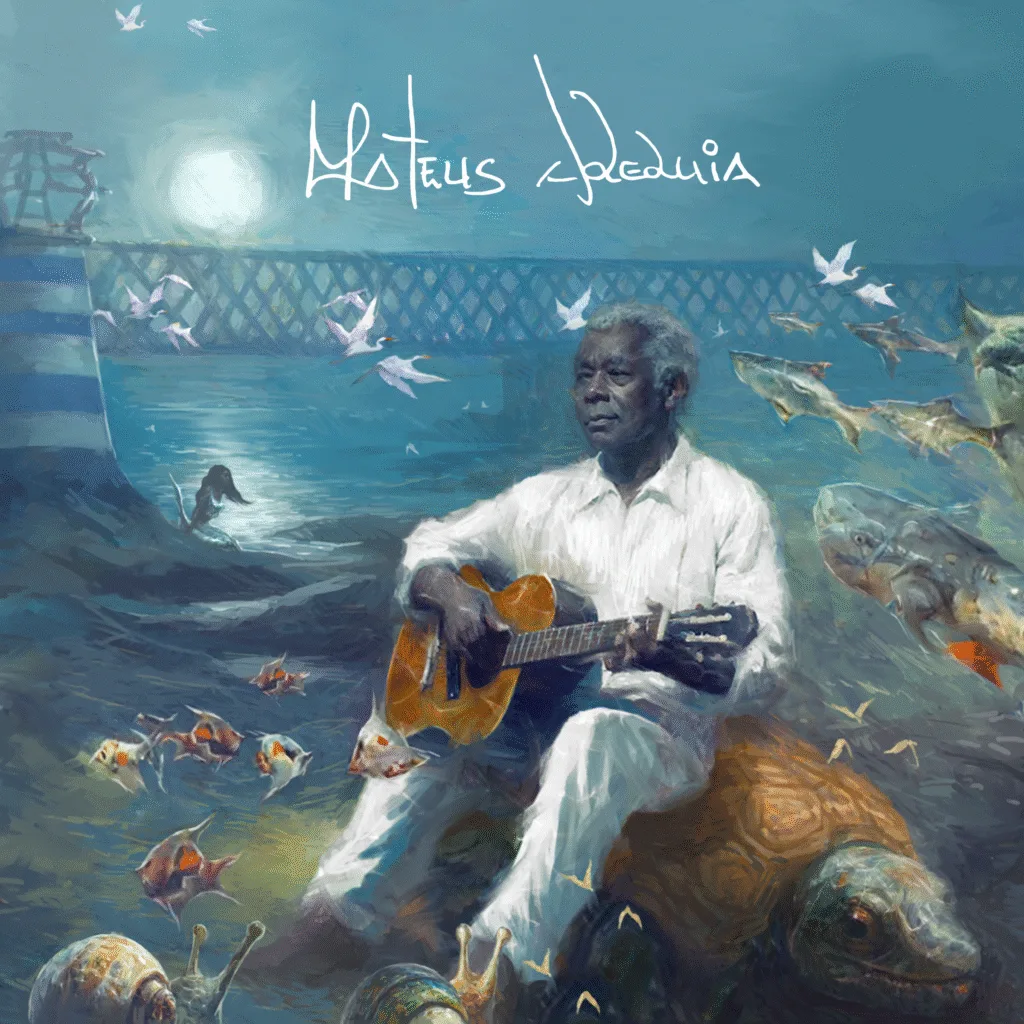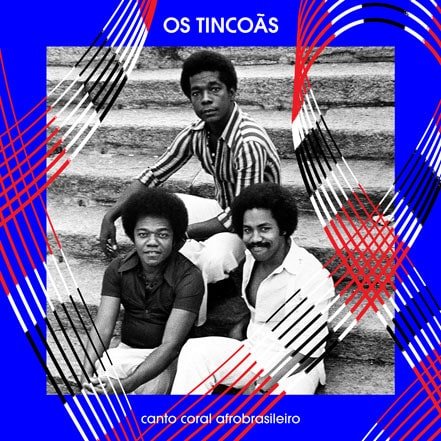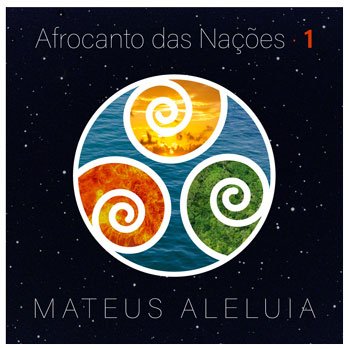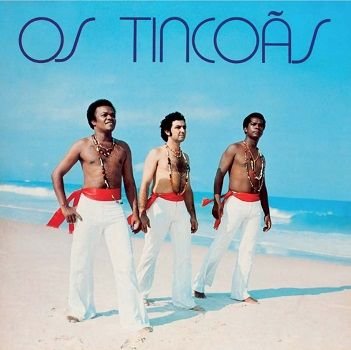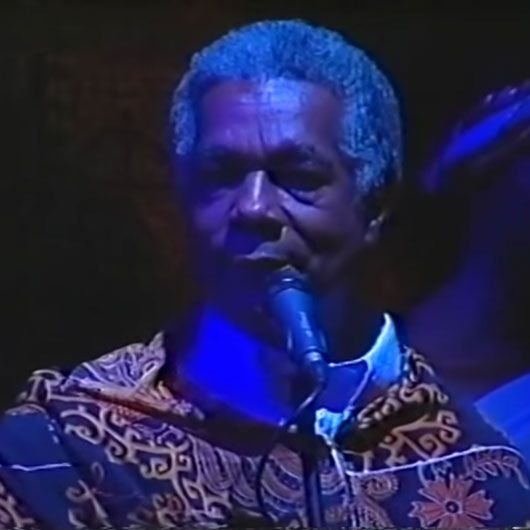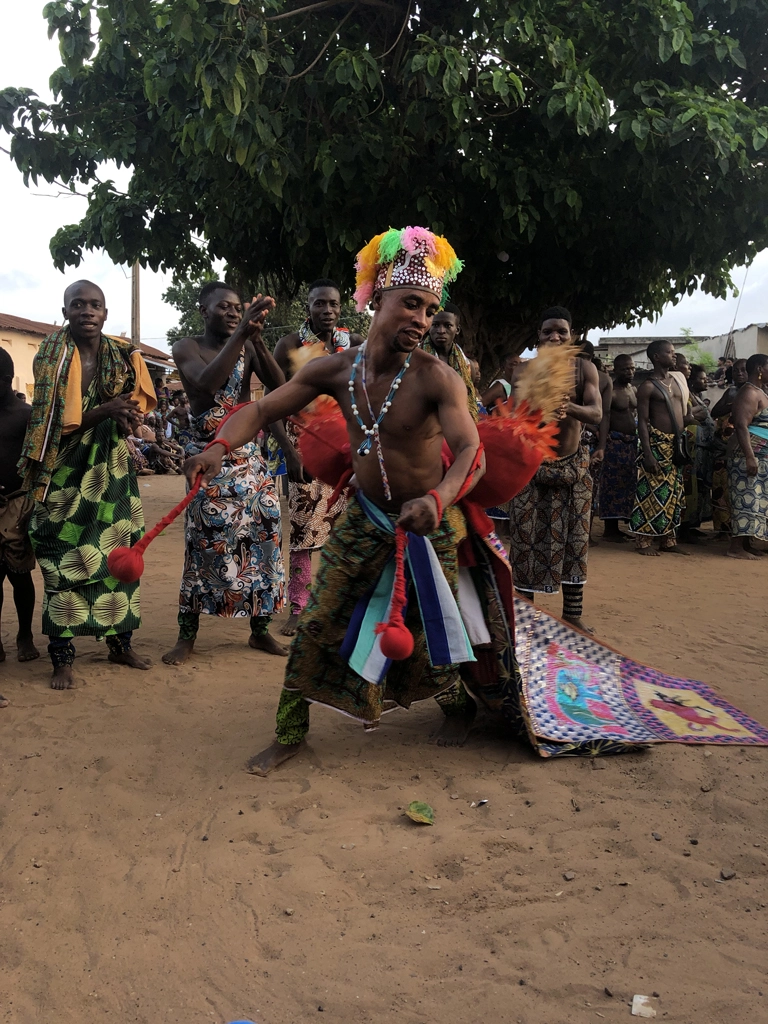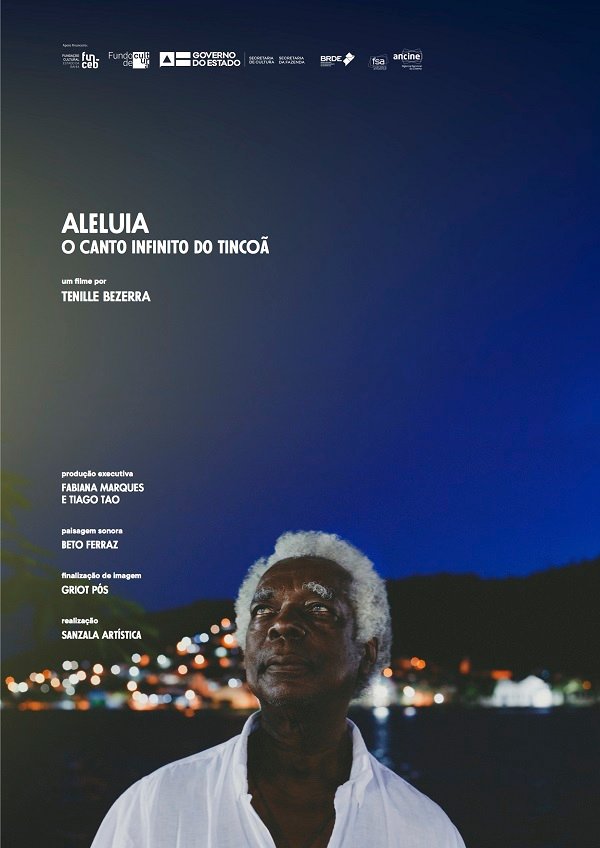“In the beginning, there was Cachoeira. In Cachoeira, we were germinated in the warm humid breeze of the Paraguaçu Rivel valley. In our Tadpole/Man form, like every Being germinated in the Paraguaçu valley since the distant past of 1532 (the beginning of the Portuguese colonialist invasion of Cachoeira from the Iguape), already born as “Man: The Speaking Animal,” carrying in his memory chromosome, or in his, perhaps secular, Inter-temporal memory, intertwining memories: indigenous, European, African. Whether or not we were the direct descendants of one of these ancestral continental ethnic strands (European continent – African continent – South American Brazilian continent), we were fated to a triple cultural-ethnic alliance.
In our restless way of trying to understand this reality that envelops us – takes hold of Us – and at the same time escapes us, we are always awakened by the inquiry:
Who we Are; Who we Were; What we will Be!
As we try to answer this inquiry in a time-horizon that happened over seventy years ago, we are transported to the time of Today, in all of the time that this word condenses.”
— Mateus Aleluia
A son and fruit of Cachoeira, Mateus Aleluia Lima is a singer, composer, and researcher of the Pan-African Brazilian musical ancestry. He began his career in his hometown in the Bahian Recôncavo and, along with Dadinho, was responsible for the conceptual artistic profile of the Tincoãs, known as the first vocal group in the history of Brazilian Popular Music to express the musical and linguistic cultural heritage of the different African peoples who arrived here. The close connection they had already established with the African continent became a concrete reality in Mateus and Dadinho’s lives when they moved to Angola in 1983. While they produced the Tincoãs’s last album in the two decades they lived there, Mateus also dedicated much of that time to cultural and anthropological research. Hired by the Secretaria de Cultura de Estado de Angola (Angolan Cultural Secretariat), he traveled around the country to meet men and women who mastered the most diverse knowledges. Upon his return to Brazil, he resumed his artistic career and released the albums Cinco Sentidos, Fogueira Doce, Olorum, and Afrocanto das Nações, which, along with the Tincoãs’s oeuvre, are considered Afro-Brazilian cultural landmarks. Since 2020, he has been developing the iconic project “Nações do Candomblé” (Candomblé Nations), dedicated to rebuilding the bridges between the sacred musical matrices of Candomblé worship and the sacred chants of African religiosity. Already in its execution phase, the research has resulted in the album “Afrocanto das Nações”, released in 2021, which earned him a Latin Grammy nomination. A renowned cultural authority, in 2020 Mateus was awarded the 2 de Julho medal, the highest honor of the Legislative Assembly of Bahia, becoming a comendador for his state. In 2021, he received the title of Doctor Honoris Causa from the Federal University of the Recôncavo Baiano.

